In the annals of Ecuadorian history, the name Jacinto Jijón y Caamaño stands as a testament to the power of intellect, cultural stewardship, and unwavering dedication to the pursuit of knowledge. Born on September 15, 1867, in Quito, Jijón y Caamaño emerged as a towering figure during a pivotal period in Ecuador’s history. His life’s journey is an intricate tapestry woven with threads of scholarship, diplomacy, and cultural advocacy, leaving an indelible mark on the nation’s intellectual landscape.
Early Years and Education:
Jacinto Jijón y Caamaño was born into a family of distinguished lineage, and from an early age, his thirst for knowledge was evident. Raised in a household that valued education, he immersed himself in the rich cultural and intellectual milieu of Quito. His formative years laid the foundation for a lifelong commitment to the advancement of learning and the arts.
Jijón y Caamaño’s educational journey took him to some of the finest institutions in Ecuador and beyond. He pursued studies at the Central University of Quito, where his brilliance and passion for literature and history became apparent. His academic pursuits set the stage for a trajectory that would see him become a prominent figure not only in Ecuador but also on the global stage.
Cultural Stewardship and Literary Contributions:
Jijón y Caamaño’s impact on Ecuador’s cultural landscape is perhaps most vividly seen in his contributions to literature. A prolific writer and poet, he wielded words with precision and artistry, capturing the nuances of Ecuadorian life and history. His literary works, including poetry collections and historical essays, served not only as windows into the past but also as mirrors reflecting the aspirations of a nation.
His exploration of Ecuadorian folklore and indigenous traditions set him apart as a cultural steward. Through his writings, he sought to preserve the rich tapestry of Ecuador’s diverse ethnic and cultural heritage, providing a voice to the marginalized and often overlooked aspects of the nation’s history.
Diplomacy and International Influence:
Beyond the realm of academia, Jacinto Jijón y Caamaño’s diplomatic prowess earned him international recognition. Serving as Ecuador’s Minister of Foreign Affairs, he navigated the complex web of international relations during a transformative period in the early 20th century. His diplomatic acumen and commitment to fostering positive global relationships contributed to Ecuador’s standing on the international stage.
Jijón y Caamaño’s diplomatic missions took him to various countries, where he not only represented Ecuador but also engaged in intellectual and cultural exchanges. His ability to bridge cultural gaps and foster understanding left an enduring impact, showcasing the power of diplomacy in building bridges between nations.
Historical Preservation and Archaeological Contributions:
One of Jijón y Caamaño’s most significant legacies lies in his dedication to historical preservation and archaeology. Recognizing the importance of Ecuador’s pre-Columbian heritage, he played a pivotal role in the preservation of archaeological sites and artifacts. His efforts contributed to the understanding and appreciation of Ecuador’s rich indigenous history.
As a co-founder of the Ecuadorian Anthropological Society, Jijón y Caamaño championed the study and preservation of the country’s indigenous cultures. His archaeological endeavors, including the exploration of ancient sites such as Ingapirca, added valuable layers to the narrative of Ecuador’s past, affirming the cultural richness that existed long before the arrival of the Spanish.
Advocacy for Indigenous Rights:
In an era marked by social and political transformations, Jijón y Caamaño emerged as an advocate for indigenous rights. Recognizing the need for equitable representation and acknowledging the contributions of indigenous communities, he used his influence to promote social justice. His advocacy paved the way for a more inclusive understanding of Ecuadorian identity, challenging the prevailing narratives that had marginalized certain segments of society.
Jijón y Caamaño’s commitment to indigenous rights was not confined to rhetoric; he actively engaged with indigenous communities, seeking to amplify their voices and address systemic issues. His advocacy laid the groundwork for future movements that aimed at fostering inclusivity and diversity within Ecuadorian society.
Legacy and Enduring Influence:
Jacinto Jijón y Caamaño’s multifaceted contributions have left an indelible imprint on Ecuador’s cultural, literary, and political spheres. His legacy endures in the intellectual currents that continue to shape the nation. The impact of his writings is felt in classrooms, where students delve into the rich tapestry of Ecuadorian history, guided by the insights he provided.
In the cultural realm, his advocacy for the preservation of indigenous traditions reverberates through ongoing efforts to celebrate and safeguard Ecuador’s diverse heritage. The archaeological sites he helped protect serve as windows into the ancient civilizations that once thrived in the region, connecting contemporary Ecuadorians with their pre-Columbian roots.
Conclusion:
Jacinto Jijón y Caamaño’s biography is a journey through the corridors of Ecuadorian history, illuminated by the brilliance of an intellectual giant. His life, marked by a deep love for knowledge, a commitment to cultural stewardship, and an unwavering belief in justice, serves as an inspiration for generations to come. As we navigate the pages of his life, we discover not just a biography but a roadmap for those who aspire to contribute meaningfully to the enrichment of their nation’s cultural, historical, and intellectual tapestry. Jacinto Jijón y Caamaño, Ecuador’s Renaissance Man, remains a guiding star in the constellation of the nation’s luminaries.


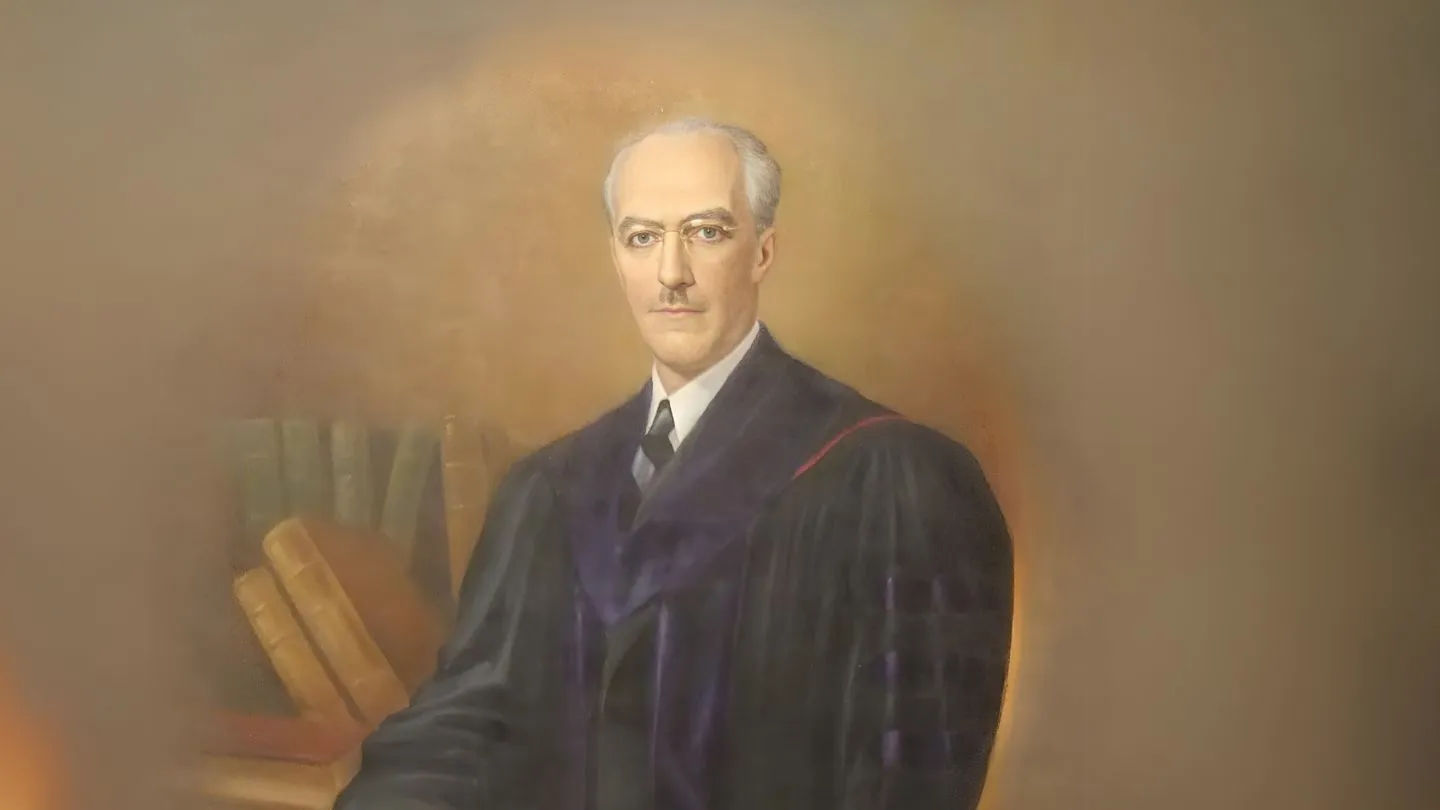
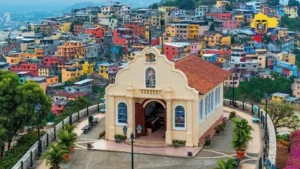
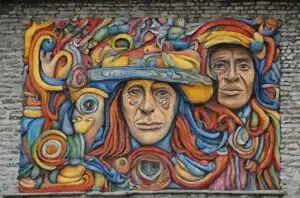
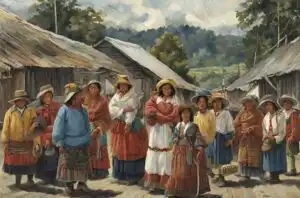
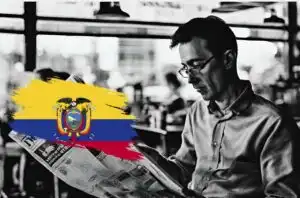

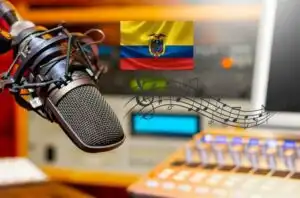
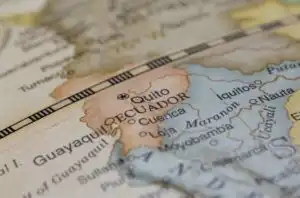
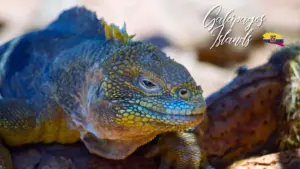
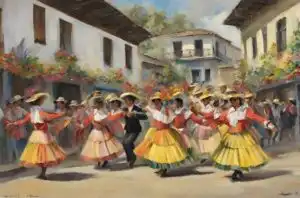
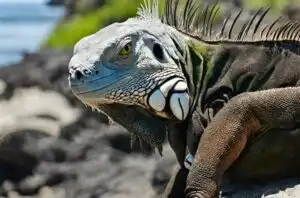
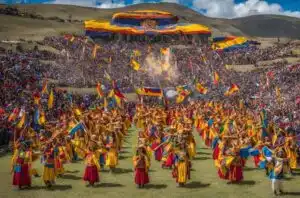
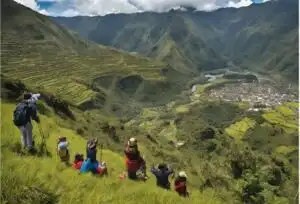

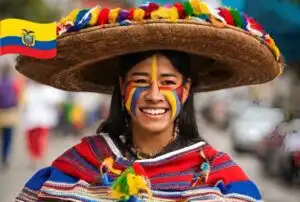

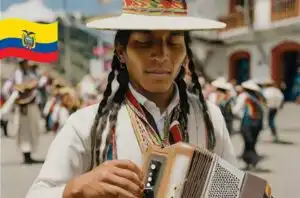
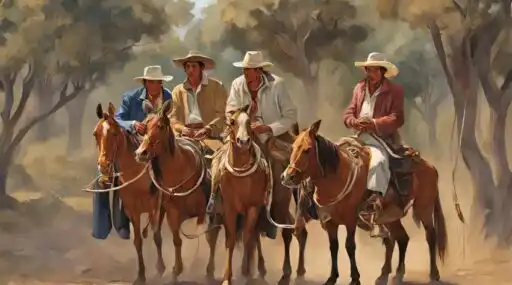
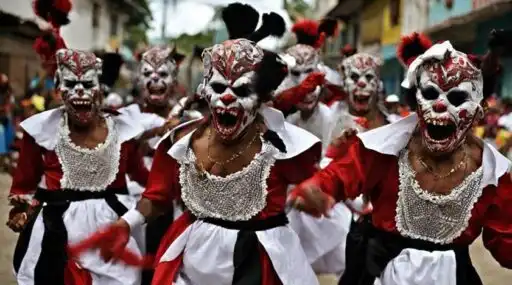
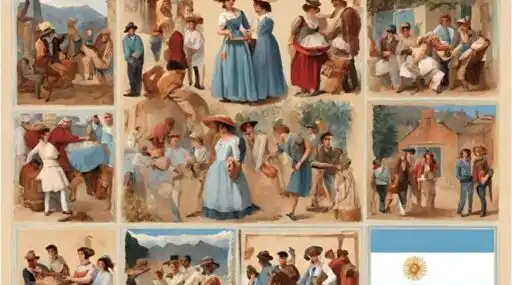

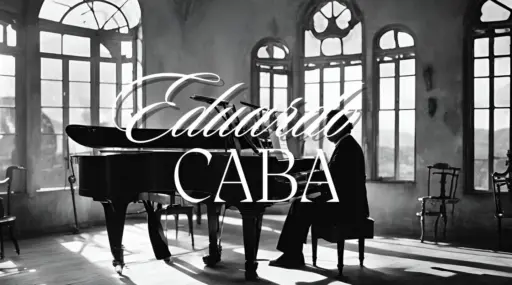

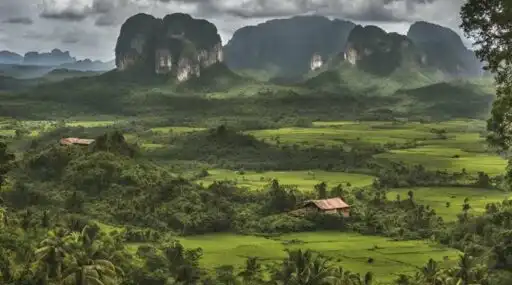


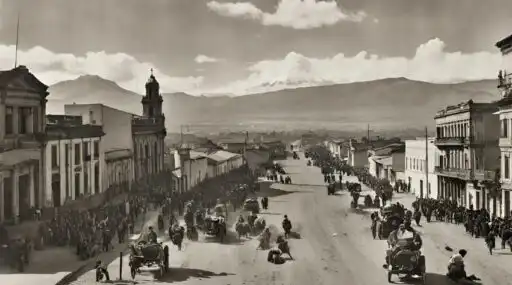
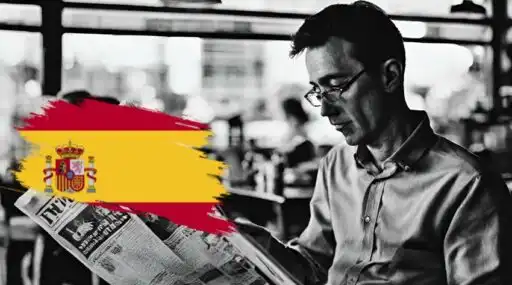
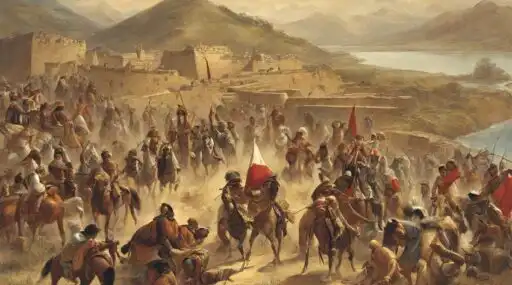


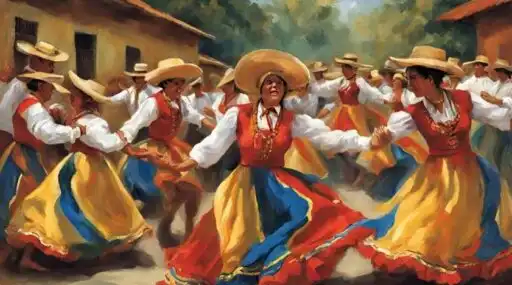
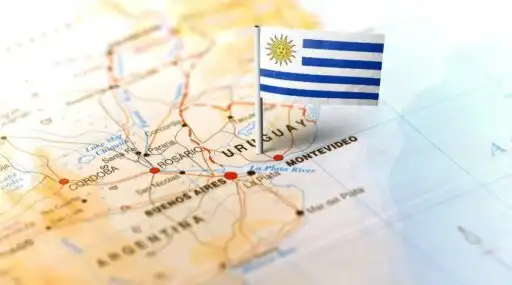




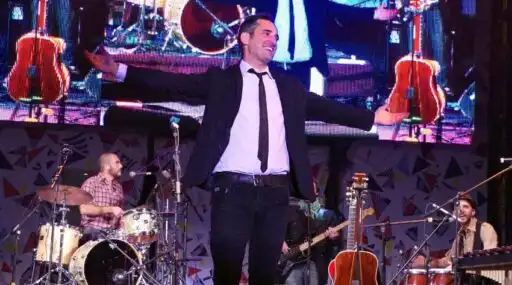

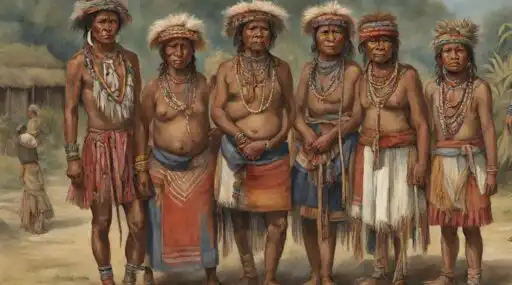
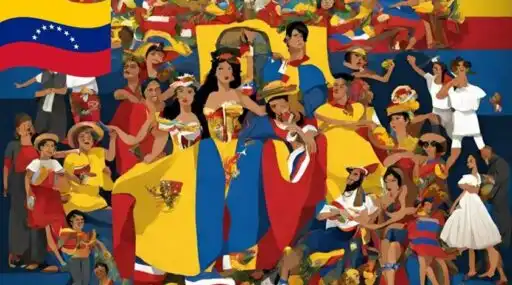
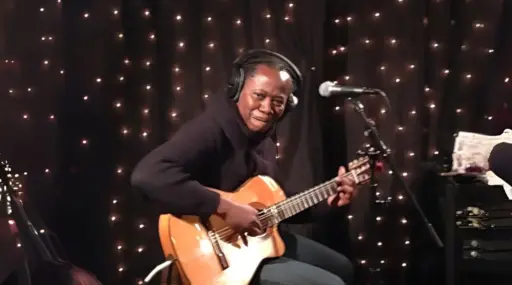
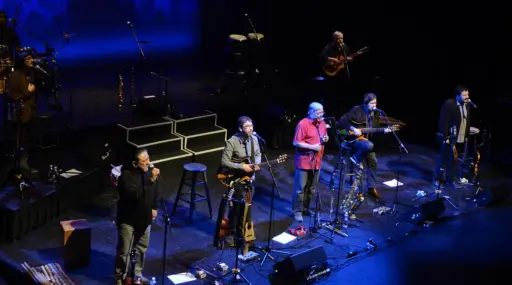

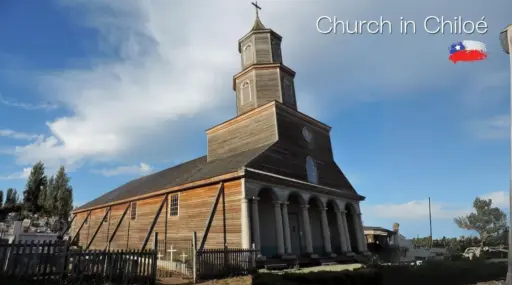
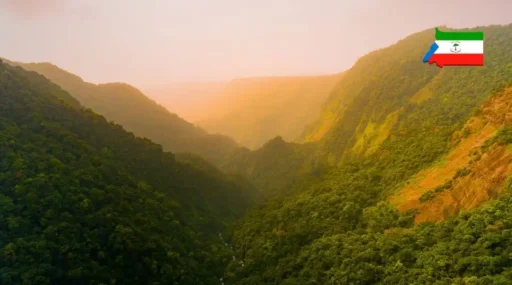
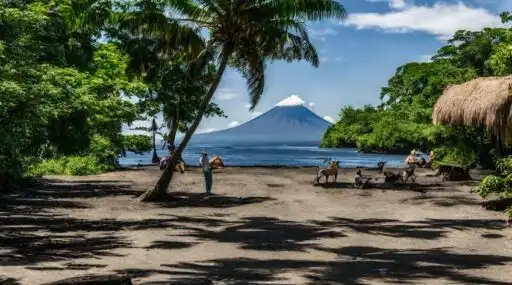
Leave a Reply